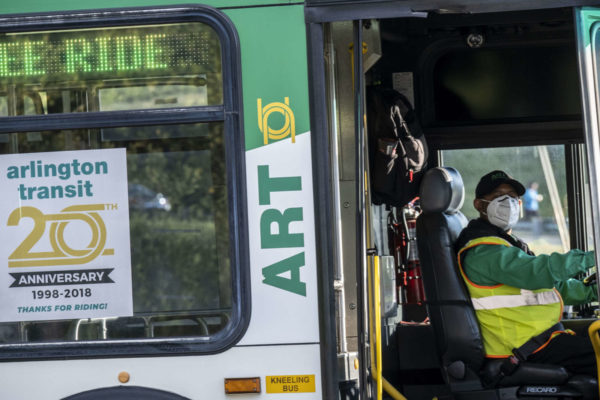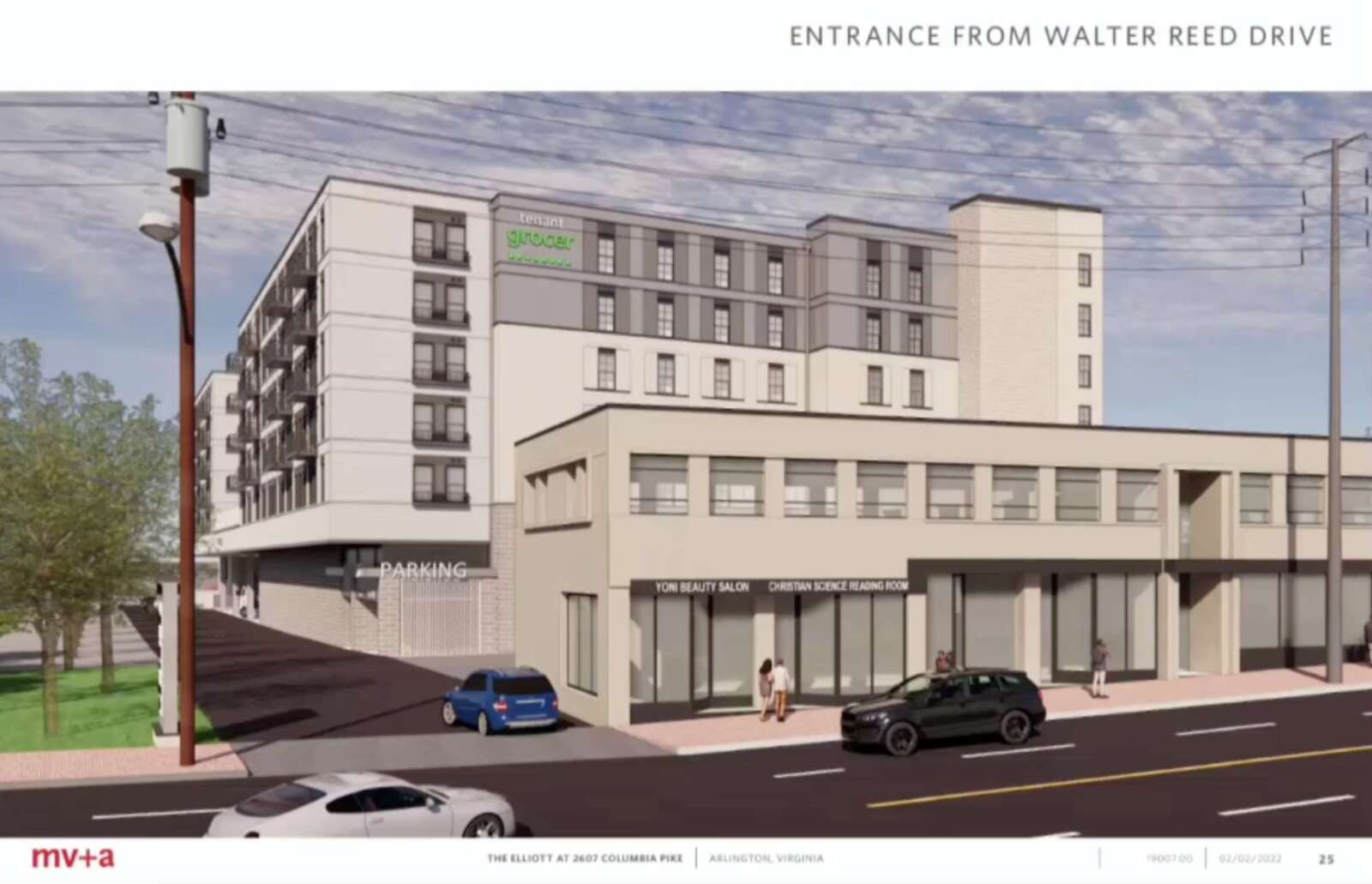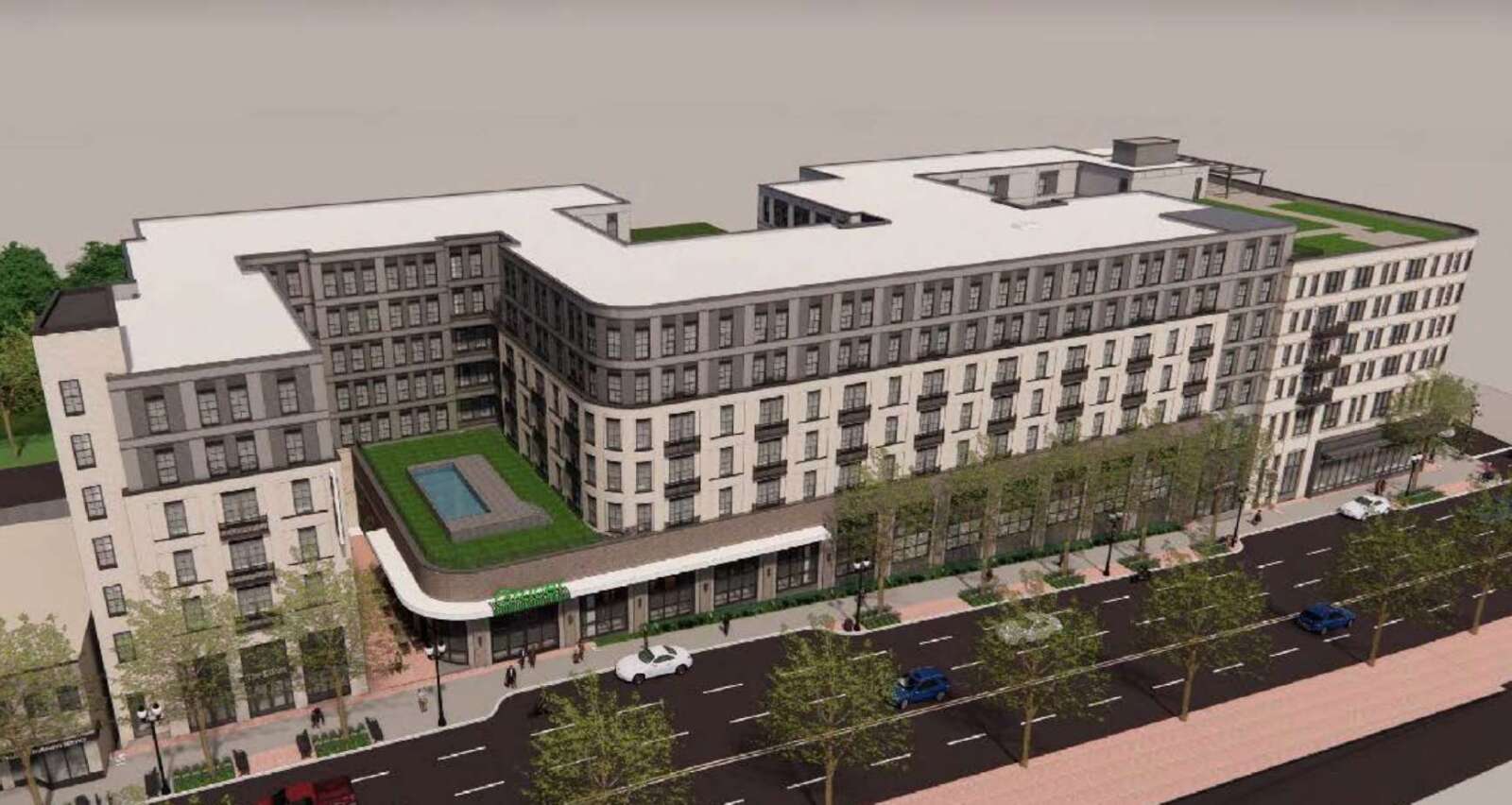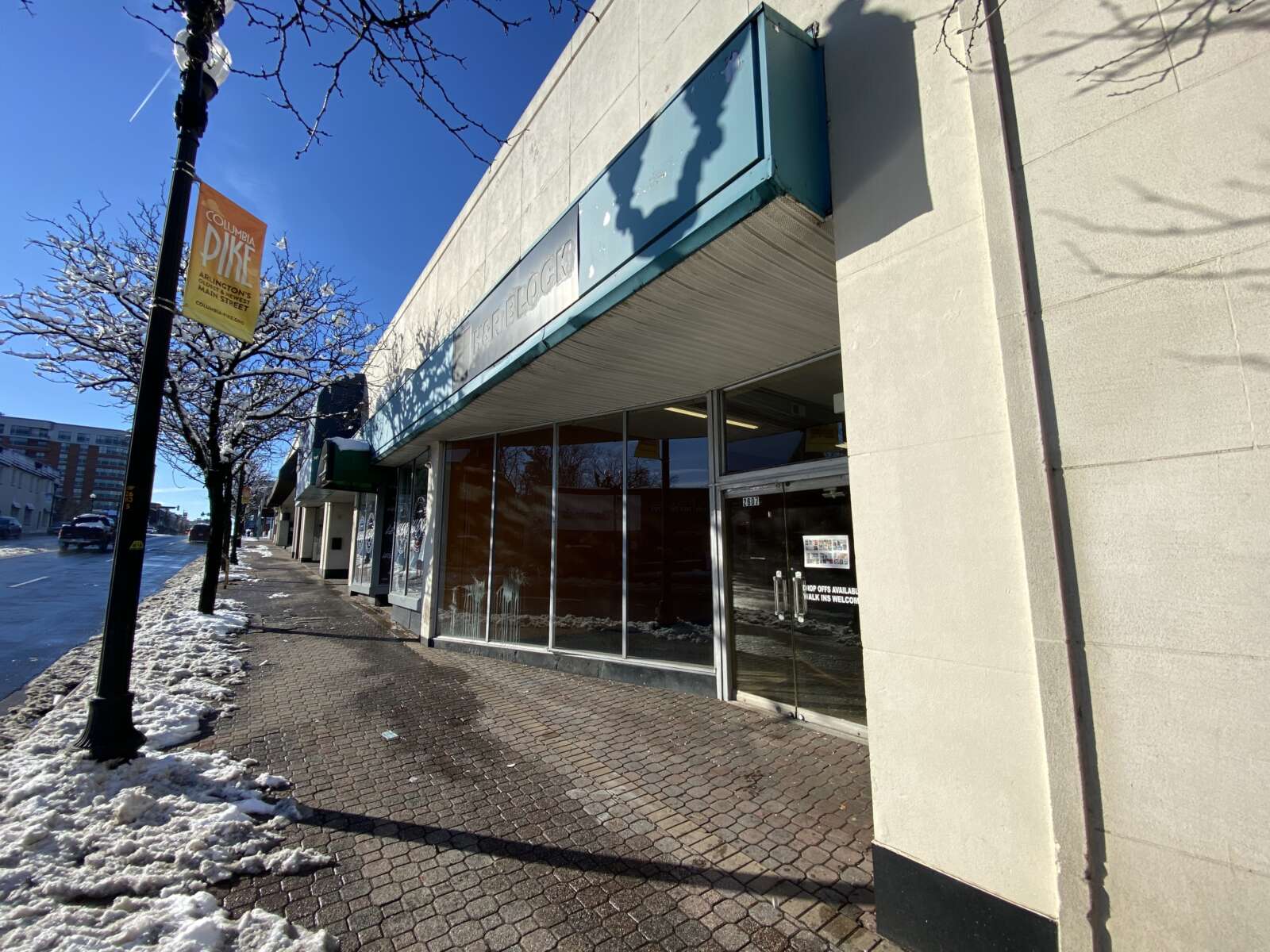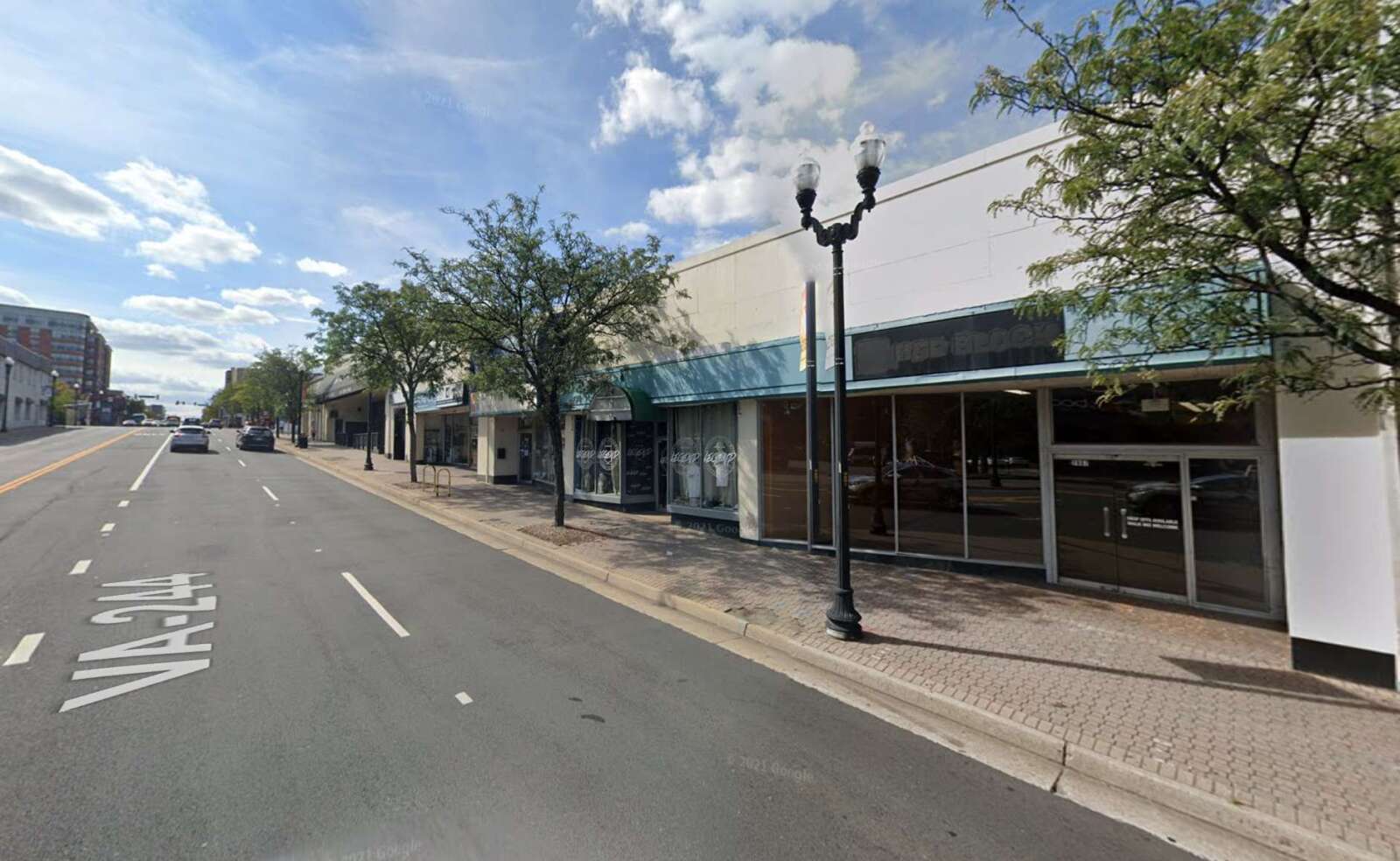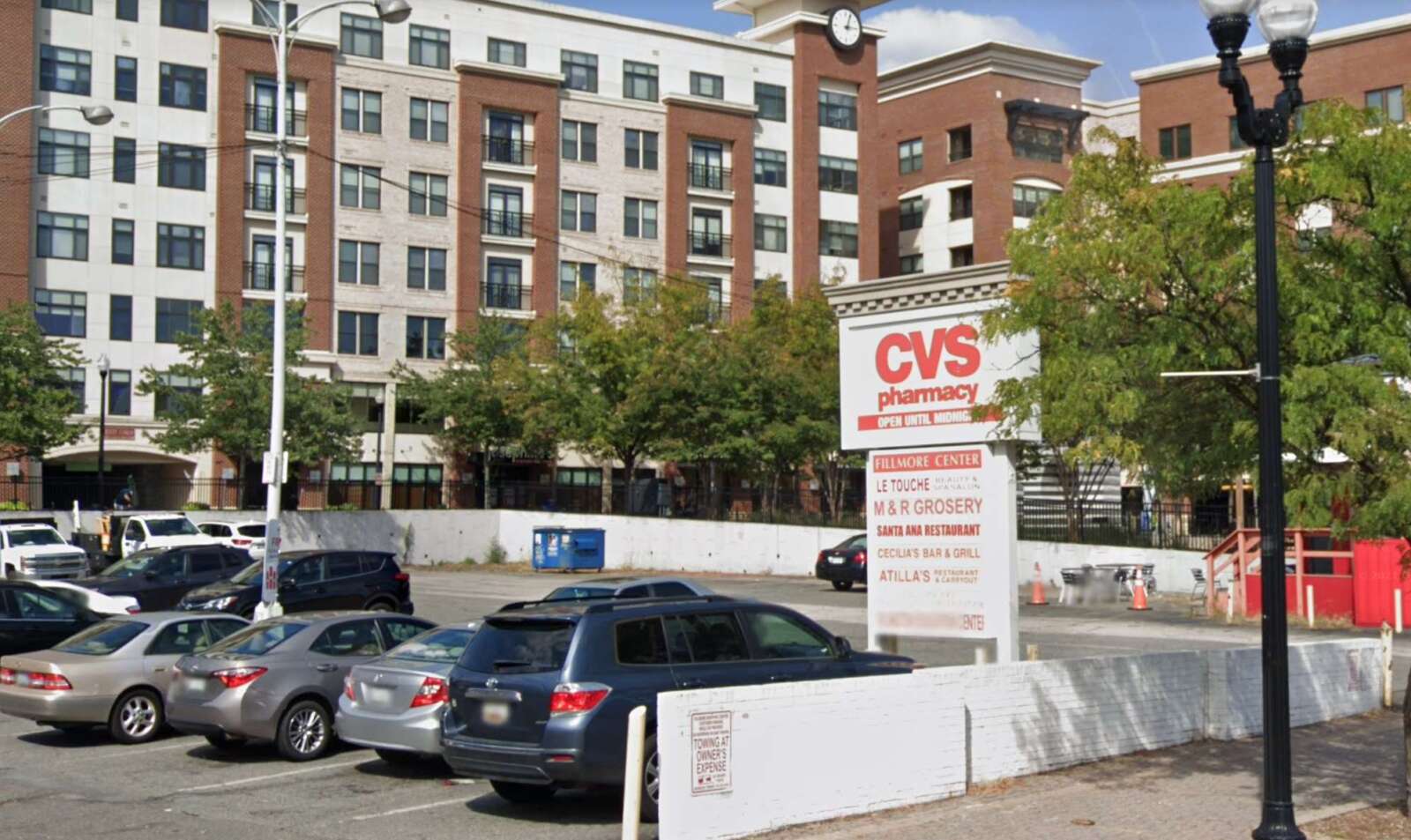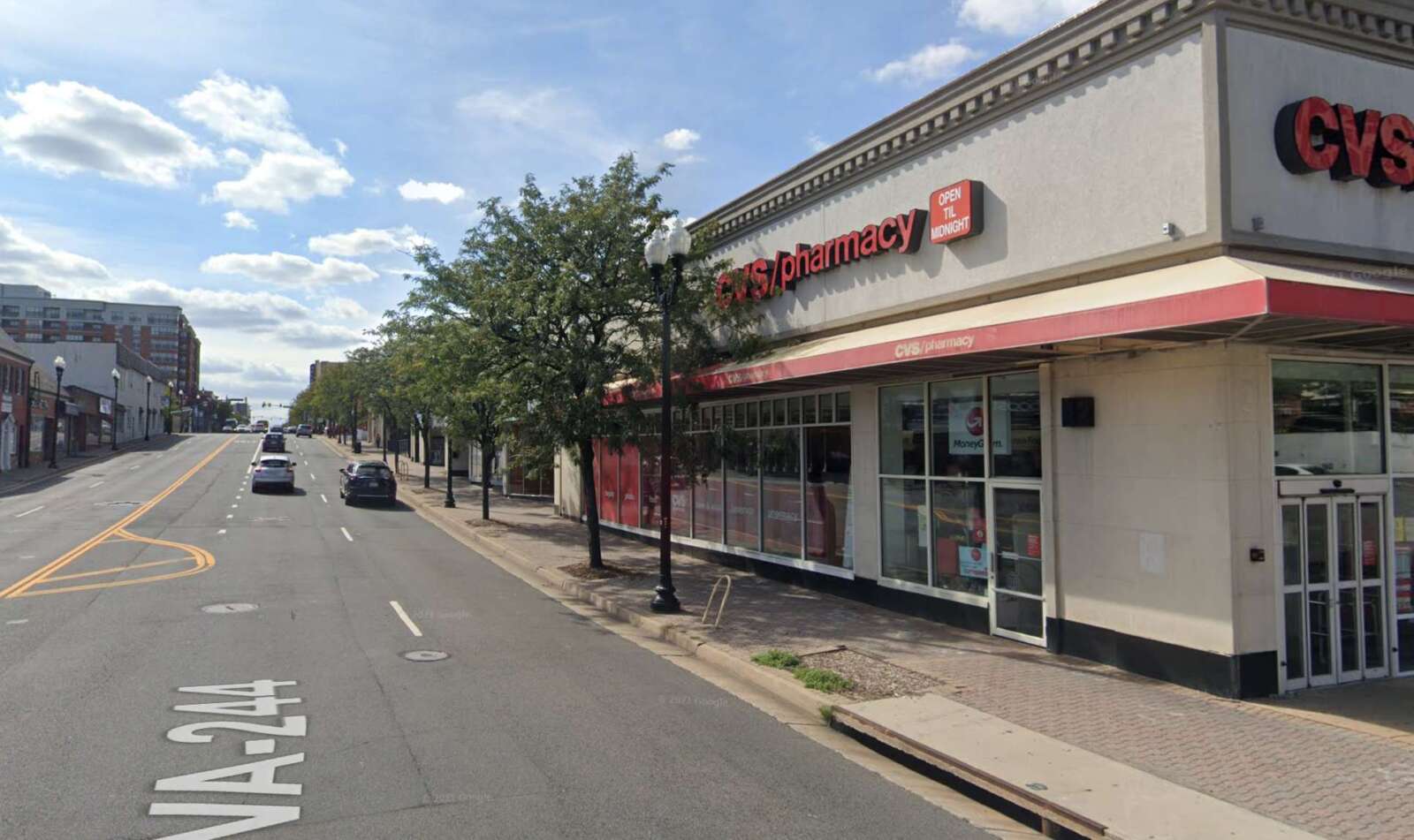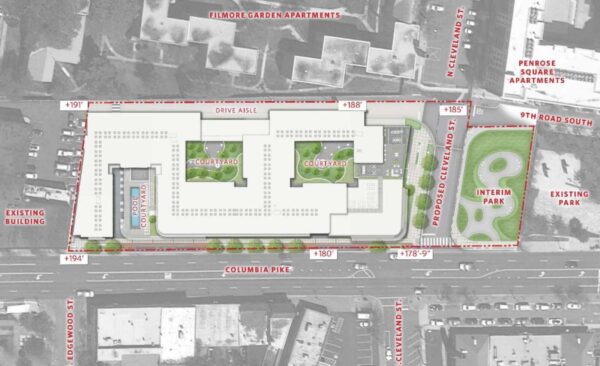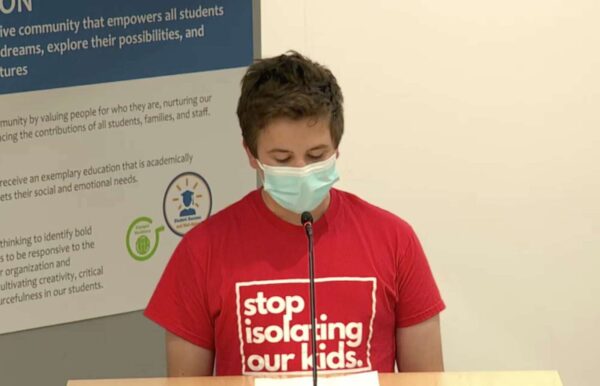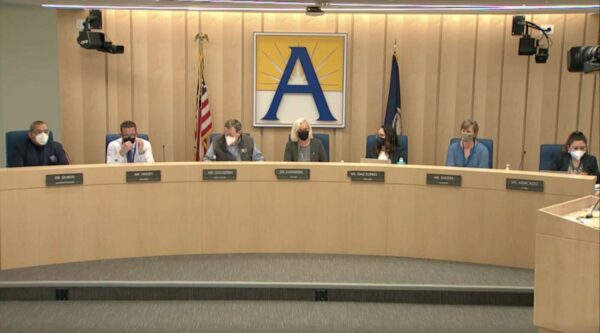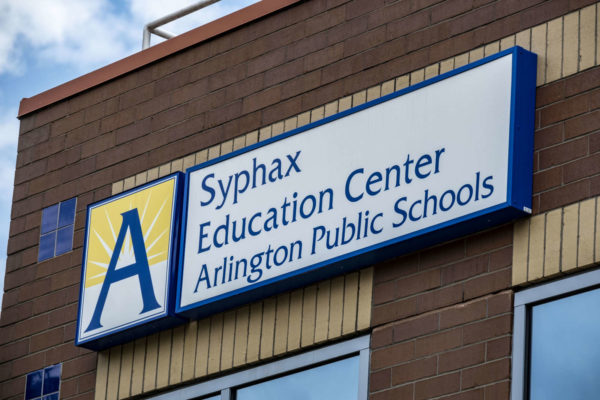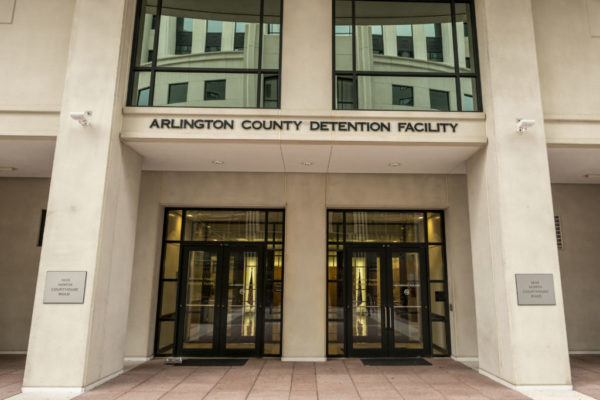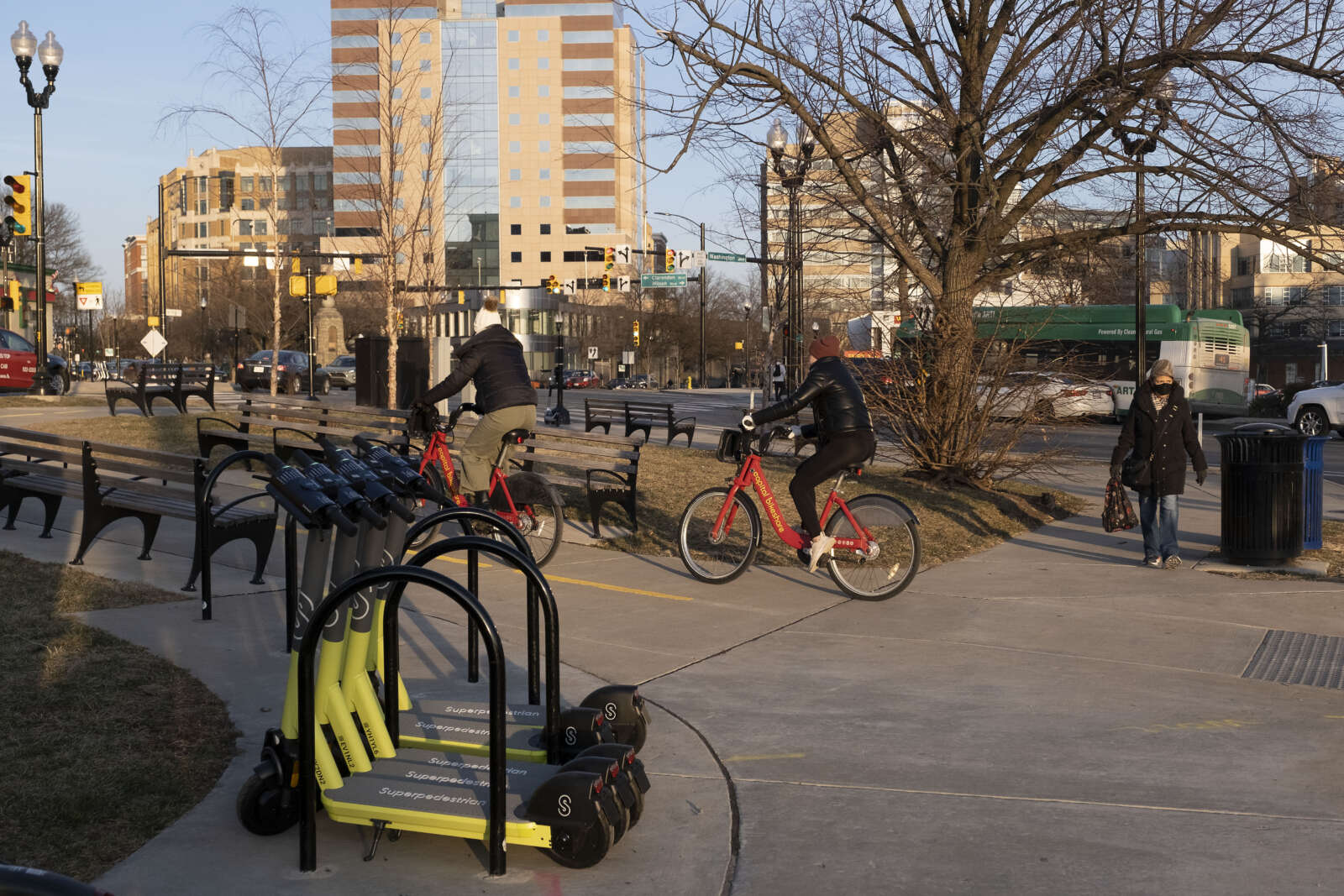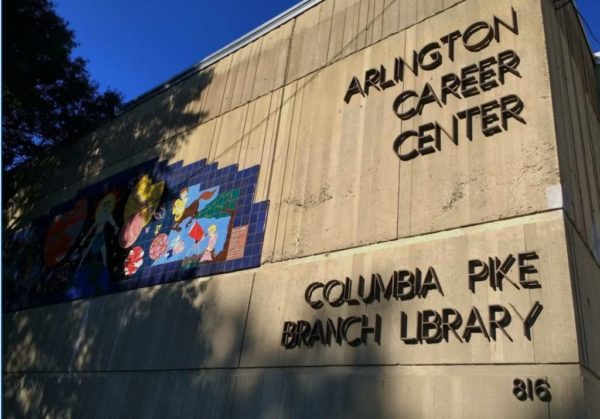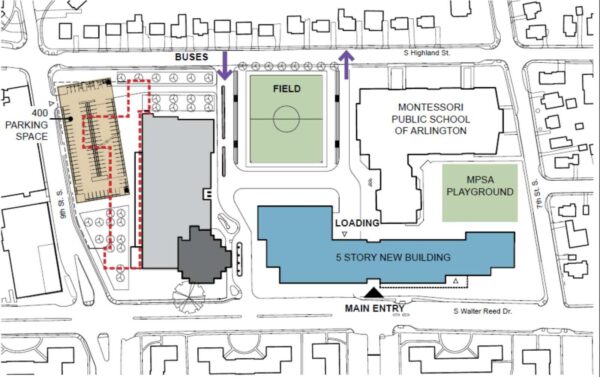Sponsored by Monday Properties and written by ARLnow, Startup Monday is a weekly column that profiles Arlington-based startups, founders, and other local technology news. Monday Properties is proudly featuring 1515 Wilson Blvd in Rosslyn.
Phone2Action, the Rosslyn-based government affairs technology company, has changed its name to Capitol Canary.
The rebranding comes as the company has expanded beyond what it was founded in 2012 to do — help organizations mobilize citizens via their smartphones — through acquisitions in late 2020.
That’s when Capitol Canary bought KnowWho, which provides an up-to-date directory of policymakers, and GovPredict, which helps users track bills and regulations.
With these two platforms, Capitol Canary says it now offers clients, who currently number 1,200 companies, organizations and advocates, a full-service government affairs solution that can help them push legislation through and energize voters.
A name change has been in the cards for a while now, co-founder Jeb Ory told ARLnow in a statement.
“We’ve kicked around name changes for years — as we grew and did more and more for our clients, we knew that rebranding would be something that would make a lot of sense,” he said. “We kicked the process off in earnest last summer. Once we down-selected to a handful of names, it pretty quickly became clear that Capitol Canary was the winner.”
So why Capitol Canary?
“‘Capitol’ immediately says government. Legislation. Policy. These are at the heart of what we do,” he said. “‘Canary’ immediately implies relevant information and decisive action. Canaries are smart little birds that have helped people know what to do for centuries.”

The name change also comes ahead of the 2022 midterm elections, and in anticipation of these elections, Capitol Canary is rolling out some new features:
- an “advocacy dashboard,” which customers can check to see if their campaigns are successful at moving the needle on an issue and engaging key lawmakers.
- “impact reports,” generated in minutes, which stakeholders can use to run meetings with policymakers. These reports provide everything from bios of lawmakers and their committee assignments to the level of sway an organization has within a lawmaker’s district or state.
- “get-out-the-vote” tools, which help employees, advocates and supporters check their voter registration status, learn about candidates and find information on how to vote.
And the Phone2Action era ends on a high note, according to Capitol Canary. After riding multiple tidal waves of civic engagement in 2020 — a global pandemic, nationwide social-justice campaigns and a contentious presidential election — the company recorded staggering engagement numbers in 2021.
More than 15.6 million people took roughly 25 million actions — such as signing a petition, calling their lawmaker, sending an email or tweeting at them — on policy issues ranging from COVID-19 relief to infrastructure using the Phone2Action platform. They also used it to access 12.6 million federal, state, local and regulatory policy documents.
Meanwhile, Fortune 100 companies such as Walmart and Uber, associations including the National Restaurant Association and PhRMA, and nonprofits such as the Innocence Project and the Alzheimer’s Impact Movement, used the platform to execute more than 14,500 campaigns.
“Since our founding in 2012, thousands of organizations have trusted our platform to help them shape public policy and elevate stakeholder’s voices. Together, we have transformed how constituents engage with their lawmakers and how public policy is formed, from Capitol Hill to city hall,” said Capitol Canary CEO Steven Schneider in a statement.
While the rebranding reflects this transformation and will kick off a second decade of growth, the company’s goal remains to provide “government affairs and advocacy teams with the tools, intelligence and data they need to do the hard and vital work of shaping policy,” he said.



